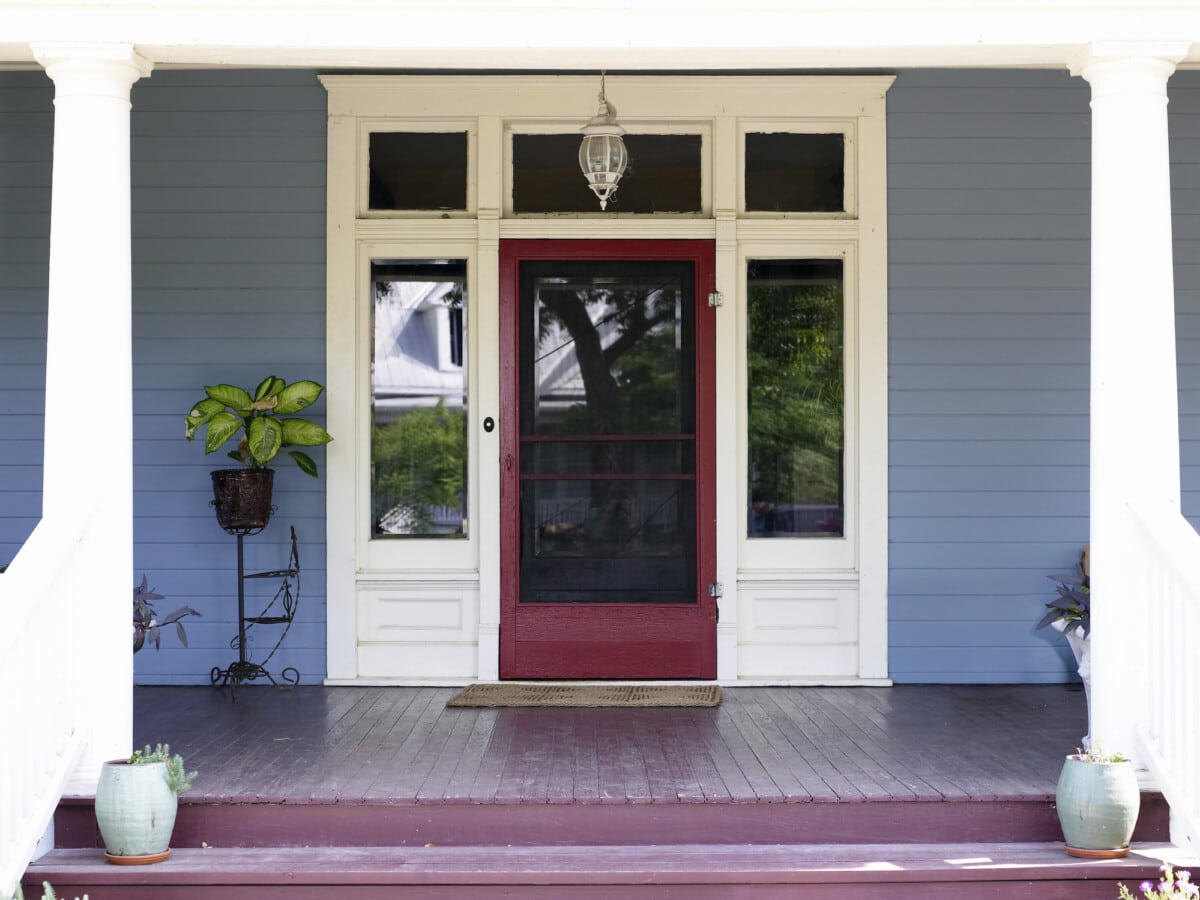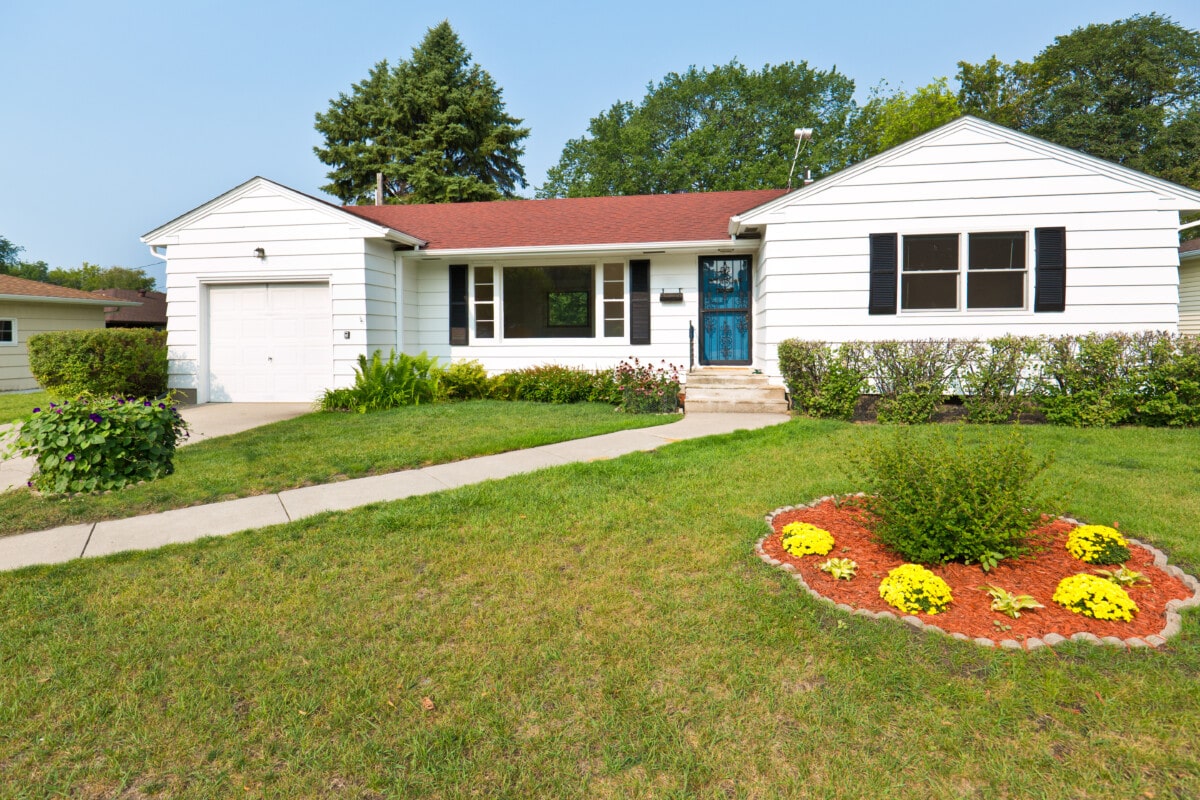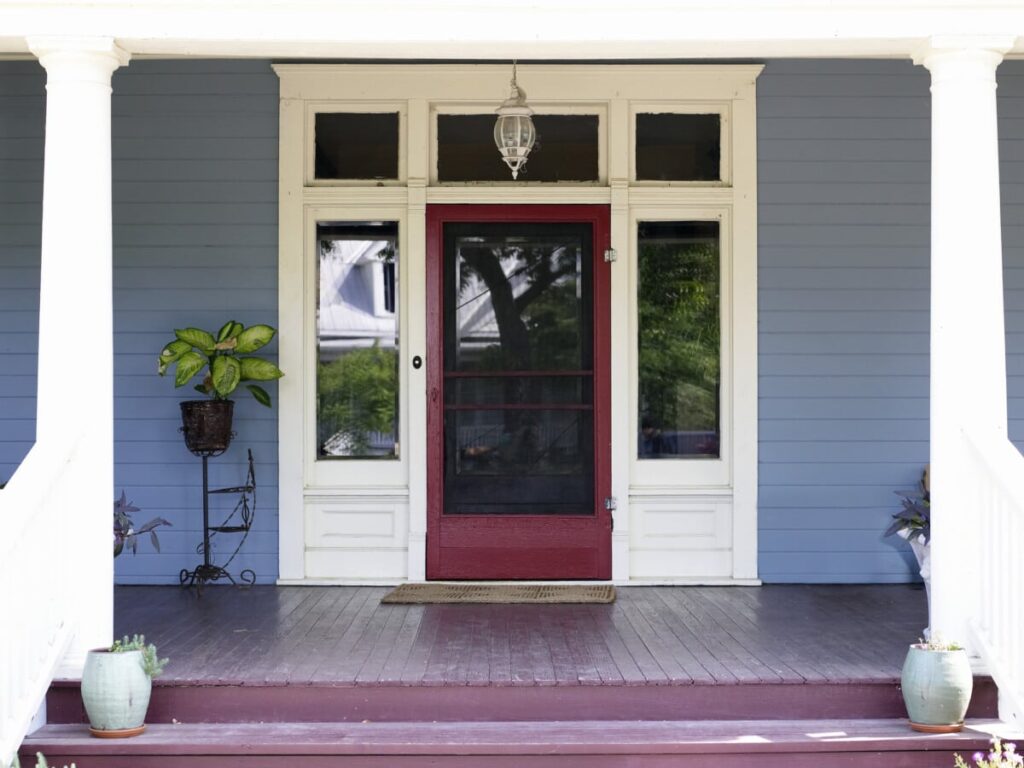This is a situation no landlord wants to experience. Your tenant is not home and you need to enter their apartment with or without prior notice. You picked up your keychain and walked to their front door, expecting to go inside. But what you find is a new lock, and you don’t have permission to use it.
Whether it is scheduled maintenance, repair work, welfare checks or emergencies such as a gas leak, landlords need to have appropriate and legal rights of use.
What happens if a tenant changes the locks without the landlord’s permission? What are the rights of the tenant, the rights of the property manager? Can tenants change the locks on their apartment?

Why tenants need to change locks
Regardless of legality or contractual provisions, there are many reasons why a tenant would change their locks without the landlord’s help or permission. It can be intentional, hasty or not realized at all. There are several common reasons.
direct security risk
If a tenant loses their keys or has their wallet stolen, they may need to change their locks immediately. If the landlord is unavailable or fails to respond to a request for replacement, the tenant may be responsible.
increased crime
Tenants may feel the need for increased security if crime rates increase in the neighborhood or there are a large number of break-ins in the area. A tenant may install a deadbolt or other device without realizing it will impede the landlord’s access.
Landlord harassment
While the vast majority of landlords are professional and respectful, there are some who are not. Tenants may feel unsafe if they believe they are being harassed by a landlord who continually enters the unit without notice or permission. If these behaviors persist, tenants may feel they have no choice but to change the locks.
Smart technology
Smart home technology is booming. Tenants may wish to replace standard locks with smart locks or fingerprint locks for added convenience and security. They may do this without realizing that this may limit the landlord’s ability to enter if necessary.
aesthetics
The tenant may simply want a better, newer lock and not even consider asking for permission.

Can the tenant change the locks?
Can tenants change the locks themselves? The short answer is: it depends. The ability of a tenant to change the locks without advance notice or permission from the landlord is both a legal and a contractual issue.
Contractual issues
Leasehold residents take over many of the legal rights associated with property ownership. But they are still obliged to abide by the terms of the lease. The legality of changing locks varies by state (see below). However, in most cases, the terms of the lease take precedence.
Most lease agreements provide that the tenant cannot make significant changes to the rental unit without permission. Replacing your locks or front door is certainly a big change. Regardless, the landlord should make it clear in the lease that the locks may not be changed without permission under any circumstances. This is true regardless of state law.
Legal Issues
In addition to lease obligations, there are also legal and regulatory issues to consider. In states that do not allow changing locks without a permit, doing so by the tenant may be considered “criminal damage” even if there is no actual damage. Such behavior may be considered modification of the device without consent. A tenant changing the locks may even damage the front door, resulting in additional costs for the landlord.
However, a few states do allow tenants to change locks as long as they notify the landlord and provide the keys immediately. In many states, there are no fines for changing locks without permission if the tenant provides an updated key when requested.
As mentioned before, the legal issues when a tenant changes their locks vary from state to state. Some examples include:
- california: Tenants are free to change the locks on their rental properties without providing the landlord with a key. However, the landlord can file an unlawful detainer action to preserve the right of entry.
- New York: Residents can install additional locks (but not replace the primary lock) and must provide keys upon the landlord’s request. Additionally, landlords cannot charge tenants to replace locks.
- Arizona: Tenants must obtain permission to change the locks, but must also pay for the locks and installation
- New Jersey: Tenants can change the locks at their own discretion and are not required to provide keys to the landlord, unless otherwise provided in the lease
- Alaska: Tenant must obtain written permission to change locks and provide new keys to landlord
- Nevada: There are no state regulations regarding lock changes; it depends on the lease language
Check with your specific state to find out what rights tenants have to change locks.

Who is responsible for the expenses
There are three basic situations when locks are changed: the landlord changes the locks, the tenant changes the locks without the landlord’s permission, and the tenant changes the locks after notifying the landlord. But who is responsible for the resulting costs?
In most cases, the landlord should pay for the lock replacement. When a property owner or manager changes locks between tenants for additional security or aesthetic reasons, it is a capital improvement and the landlord’s responsibility. If a tenant asks the landlord to change the locks for a legitimate reason, this is also the landlord’s obligation.
However, if the tenant changes the locks without notifying the landlord or authorizing the landlord, the tenant will be responsible for the cost. Any costs of providing additional keys to the Landlord shall also be borne by the Tenant.
If the tenant replaces the locks themselves and damages the door or door frame, the cost should be passed on to the tenant or deducted from the security deposit upon move-out. Tenants may also be required to pay the cost of replacing the locks if they fail to retain the original fittings.
If a tenant loses a key and asks the landlord to change the locks, the landlord has the discretion to decide whether this is the tenant’s obligation.
What to do if your tenant changes the locks without permission
What should you do if you discover that your tenant has changed the locks without prior authorization? The first step is to notify your tenants that you are aware of the changes, reiterate to them any relevant portions of their lease or state law, and request access. In most cases, they will have to provide you with spare key or code details. All of this should be within the scope of your state’s rules and regulations, which can vary widely.
It is best to give tenants the presumption of innocence. They likely didn’t realize their changes violated the lease. Inform them of any charges that may be incurred and provide a timetable for providing additional keys. If the new locks are not up to standard, they may be charged with replacing the locks. All interactions are logged.
If your property is in a state that allows tenants to change their own locks, the landlord can usually deduct the cost of changing the locks from the security deposit upon move-out.
Lock and tenant relationship
Ultimately, whether a tenant can change the locks depends on individual circumstances, including whether a license is required, lease details and local regulations.
Relationships with tenants are also a factor: An existing working relationship between landlord and tenant can resolve many issues without conflict. Most tenants will understand their obligations and responsibilities. Safety is always the bottom line.

